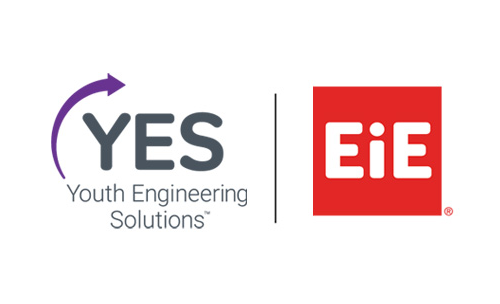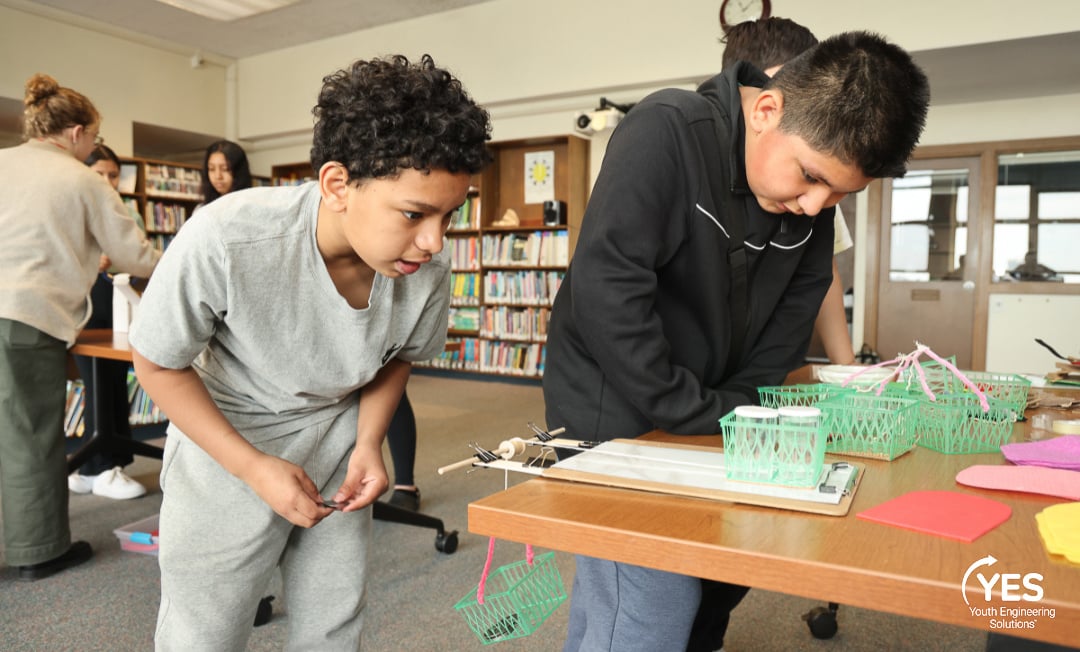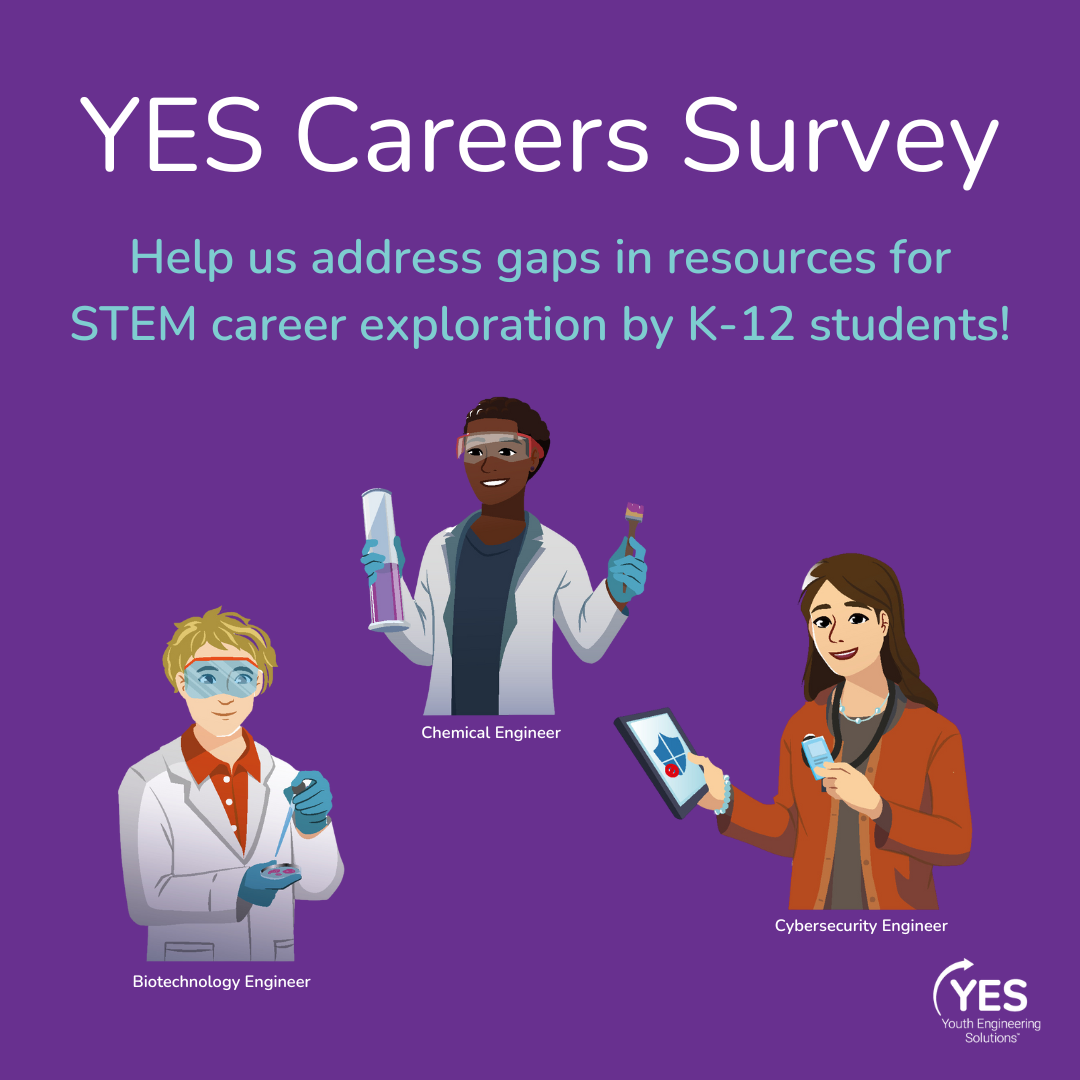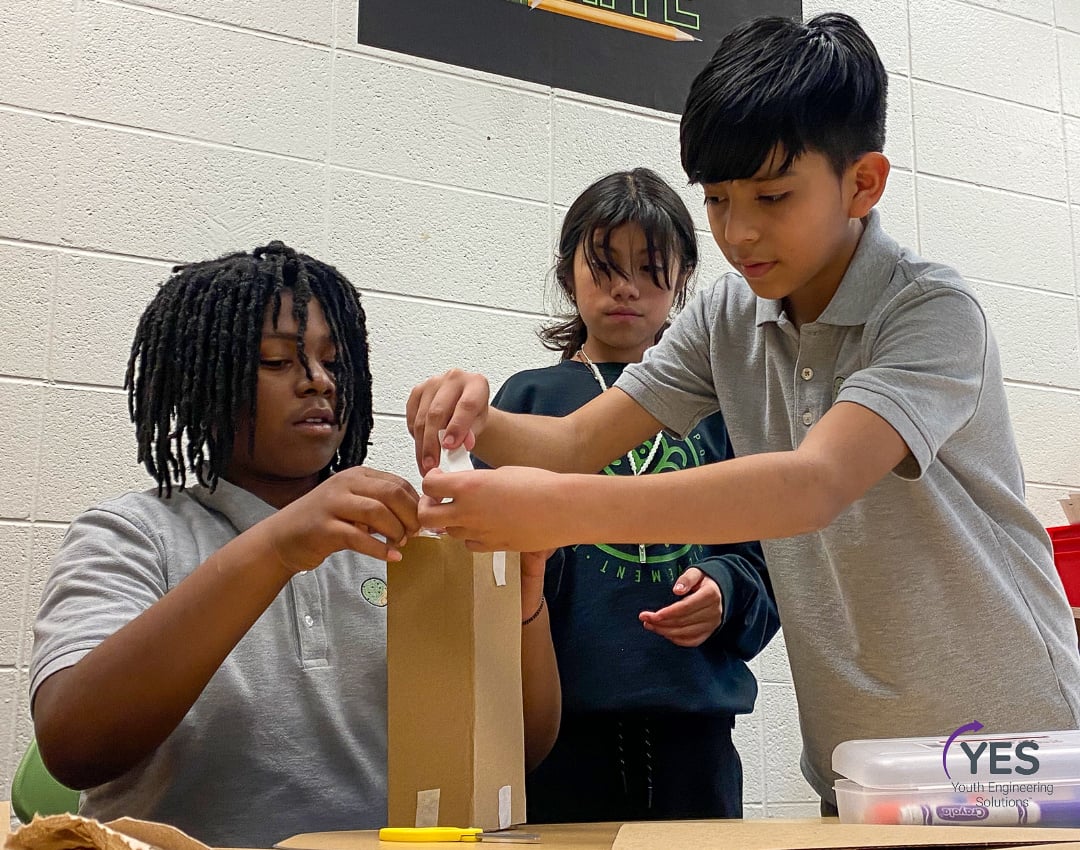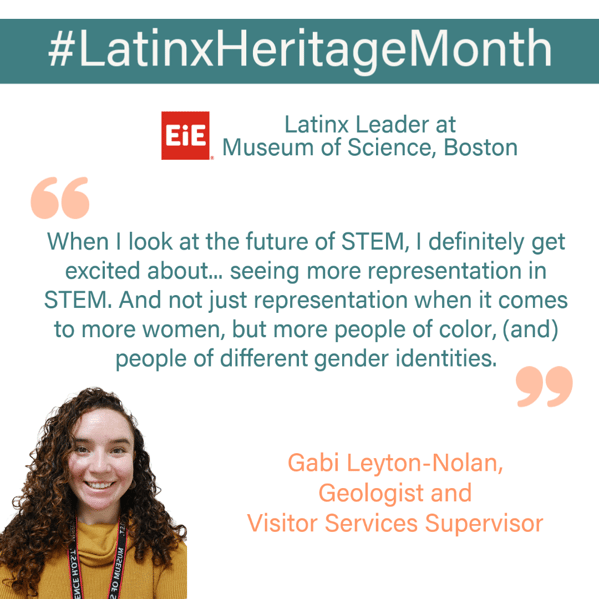
In honor of Latinx Heritage Month, we’re excited to highlight some of our incredible team members of Latin American Heritage! Meet Gabi, the Museum of Science's Visitor Services Supervisor:
What’s your name? Gabriela Leyton-Nolan, but everyone calls me Gabi. I think it's because [the pronunciation of] Gabriela gets a little lost in translation in English, so I’ve stuck with Gabi.
How long have you worked at the museum? What do you do? I've been at the museum of science for almost three years. I'm working in visitor services as a supervisor. So overseeing the day to day visitor experience and operation and supervising the staff who you see out on the floor interacting with the guests and providing that excellent visitor experience.
What words do you use to describe your Latin American heritage? I usually describe my identity as being Chilean-American. My father's from Chile, my mom's from the United States, so I like to think of myself as kind of like a blend of the two cultures.
How does being Chilean-American influence your life? Being Chilean-American, I feel like there's a lot of little things that impact my life that I don't necessarily realize. Like, I'm really close to my family in Chile, so I have the WhatsApp group chat that’s always going off. Also, growing up as a kid, some of the foods that we ate weren't, like, I didn't eat meatloaf or Sloppy Joe's. We had empanadas and sopaipillas, and I thought that was normal. And then I learned, “Oh, people eat other things.” So it was normal for me in my context, in my household, so definitely those things have kind of guided me.
What does your identity mean to you in your work? Working in visitor services, we see all of the visitors that are coming into the Museum, whether it's at the box office at the lobby entrance or at one of our venues. And so, being somebody of Latin American heritage, I speak Spanish quite fluidly. And so that comes into play a lot where we get a lot of visitors who speak Spanish or speak Portuguese, oftentimes I'm called in to translate. It's nice to be able to provide that extra kind of like line of communication for visitors who maybe don't quite understand English or have a really hard time with English and to be able to give them the same level of visitor experience that we provide to our English speaking visitors.
What inspired you to go into STEM? I think one of the things that made me continue with STEM was definitely my 11th grade chemistry teacher, um, was really great. She wasn't the most inspiring person, but she encouraged us to pursue science projects that we really were interested in. So I did a project on acid rain, which was kind of a more advanced continuation of a project I'd done earlier on in school. So she definitely made me excited about this whole field of environmental science and then, getting to college, you know, kind of trying things out and not really sure what I wanted and kind of stumbling upon this field of geology. I really connected the outdoors and history of the earth and chemistry and physics that connected all of these things I learned about, but it never really made sense to me. And that definitely just kind of was like, “Oh, this is amazing. This is a whole field that I want to stay with.”
What opportunities for growth do you see in STEM right now? I think as far as STEM fields go, there's a lot of room for growth in education, especially high school and middle school level education. I, based on the school I went to, I thought I was going to love English and then I got to college. I didn't love English. And I think there's not enough kind of engagement and excitement for kids at a younger age about science. Like, when you're in elementary school, science is really cool and you learn about volcanoes and mountains and it's awesome. But then you get a little older and physics and biology can... there can be a disconnect. So just maintaining that excitement in STEM, I think would be huge. I, myself, and I believe a lot of other people get discouraged when they're in high school and maybe veer away from STEM fields.
What inspires you about the future of STEM? So when I look at the future of STEM, I definitely get excited about, you know, seeing more representation in STEM. And not just representation when it comes to more women, but more people of color, people of different gender identities, just overall more representation. I remember I started out studying engineering and taking an engineering course and there were, like, 150 students. And only four girls, it's like, what does it say? So I definitely get excited. I'm seeing kind of the future of STEM and I’m so hopeful that there will be more representation. There will be more access for everyone.
